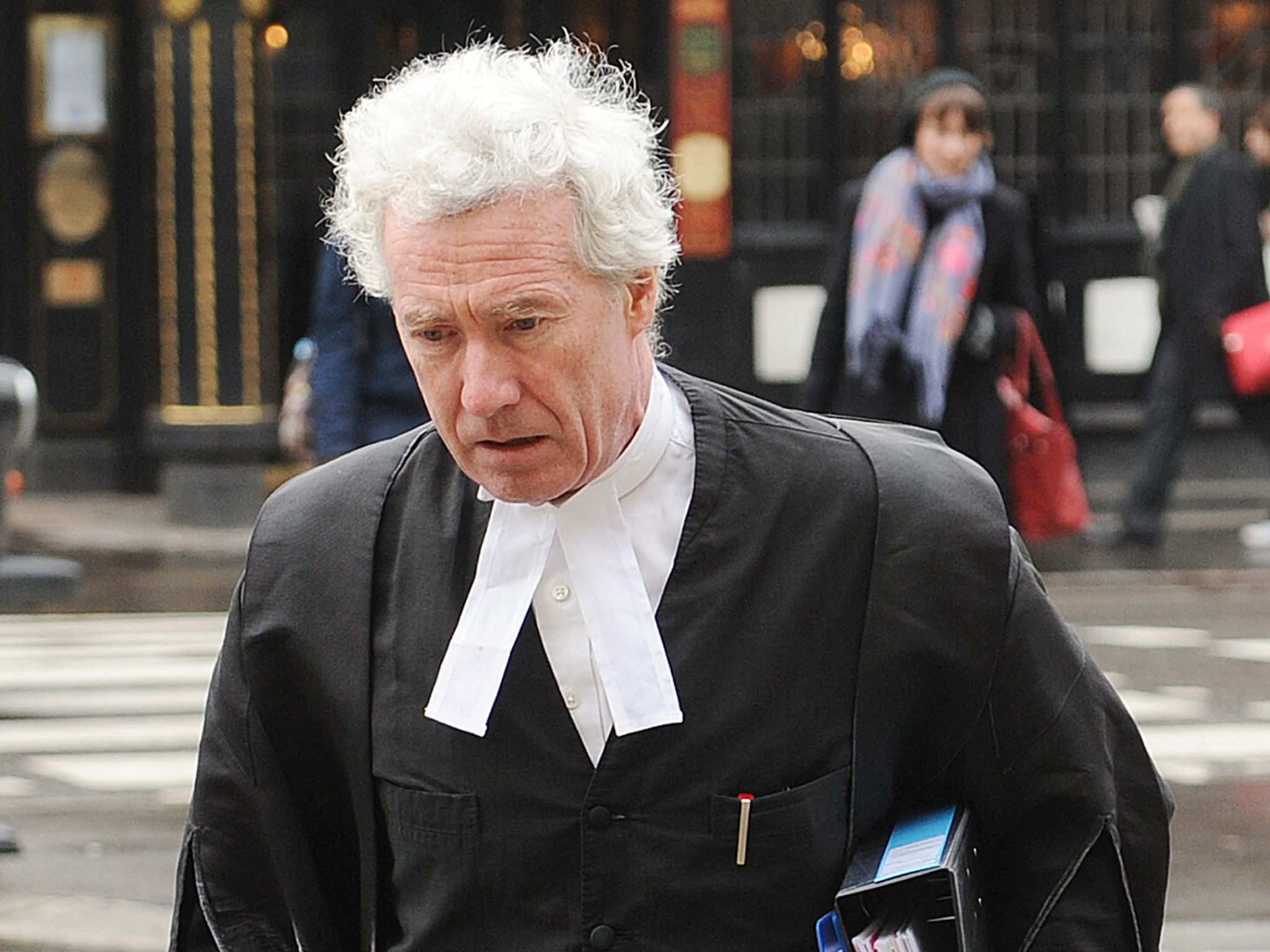Boris Johnson warned by former Supreme Court judge hostility towards judiciary, civil service and BBC is ‘certain route to failure’
Lord Sumption also claims the case for proportional representation is 'overwhelming'
Your support helps us to tell the story
From reproductive rights to climate change to Big Tech, The Independent is on the ground when the story is developing. Whether it's investigating the financials of Elon Musk's pro-Trump PAC or producing our latest documentary, 'The A Word', which shines a light on the American women fighting for reproductive rights, we know how important it is to parse out the facts from the messaging.
At such a critical moment in US history, we need reporters on the ground. Your donation allows us to keep sending journalists to speak to both sides of the story.
The Independent is trusted by Americans across the entire political spectrum. And unlike many other quality news outlets, we choose not to lock Americans out of our reporting and analysis with paywalls. We believe quality journalism should be available to everyone, paid for by those who can afford it.
Your support makes all the difference.A former Supreme Court judge has warned Boris Johnson that overt hostility to institutions such as the judiciary, the civil service and the BBC is a “certain route to failure”.
In a lecture addressing No 10’s proposed constitution and democracy review, Lord Sumption, who retired as a justice at the UK’s highest court in 2018, urged the government against drastic changes being made on a “partisan basis”.
He also insisted there was an “overwhelming” case for electoral reform, and suggested replacing the existing first past the post system with proportional representation as the Conservatives and Labour shift to the “extremes”.
Emboldened by the decisive general election victory in December, the prime minister announced plans to reform the UK’s constitution, democratic institutions and legal systems, but provided little detail of the remit of any forthcoming commissions.
The plans have raised concerns that Downing Street is seeking to extract revenge for two explosive cases at the Supreme Court involving the Mr Johnson’s suspension of parliament and Theresa May’s attempt to sidestep MPs to invoke Article 50.
Speaking at King’s College London at an event commissioned by BBC Parliament, Lord Sumption, who is tipped to to lead the review in some quarters, said any constitutional reform must “accommodate dissent, debate and a diversity of values and opinions”.
“These things are not just rules of political decency. They are fundamental to the survival of the democratic state,” he said. “Constitutional change is not like other legislation. It determines the way in which we make collective decisions for our society.”
Lord Sumption added: “In a society with established institutions radical change cannot be achieved by a process of demolition and reconstruction. You have to carry people with you, and not just the people who already agree with you.
“Overt hostility to other national institutions such as the judiciary, the civil service and the BBC, which are accused of obstruction but in fact merely stand for diversity of opinion, is often presented as a way of getting things done. It is in reality a certain route to failure.
“It increases the resistance of powerful institutions which enjoy considerable public support. People tend to judge politicians by their tone as much as their substance. Shouting and snarling provokes unnecessary hostility among the electorate which ultimately doom the whole project”.
Addressing electoral reform, he said the current system of first past the post exaggerates electoral swings and makes it “exceptionally difficult” for smaller parties to achieve representation in the Commons.

“This did not matter so much when the two major parties between them represented a broad-section of the electorate. But it matters extremely if voters have to ask themselves in the polling booths which of them they hate the most because there are no other realistic choices,” he said.
“Proportional representation would force both parties to broaden their appeal beyond their ideological base or run the risk of losing support to smaller parties. Unless political parties are reformed so as to diminish the power of constituency associations, the case for proportional representation is overwhelming”.
Elsewhere in his speech, Lord Sumption also defended the unwritten constitution “remarkable demonstrations of strength” when both the prime minister and his predecessor attempted to “abuse” their powers procedures of the Commons.
“When the government of Mr Johnson tried to abuse its power to prorogue parliament so as to suppress its criticism of its Brexit policy, parliament responded by passing the so-called Benn Act, restricting it’s ability to go for a no-deal Brexit,” he said.
“These were remarkable demonstrations of the strength of our constitution’s unwritten conventions. They also illustrated its ability to adapt to new challenges."

Join our commenting forum
Join thought-provoking conversations, follow other Independent readers and see their replies
Comments